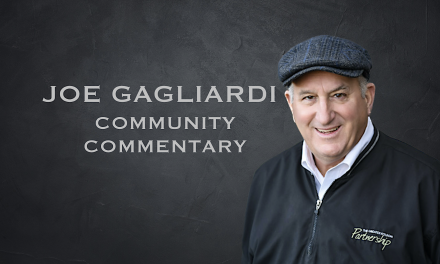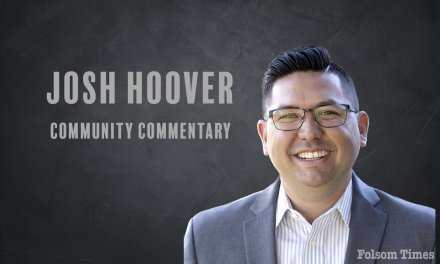California’s Progressive political elite hate fossil fuels so much they are willing to impoverish their citizens to punish “Big Oil” and speed up a transition to an even more expensive green energy future.
Governor Newsom wants zero gas-powered cars sold in California by 2035, which sends a strong signal to refiners about the long-term value of investment in the Golden State. The state makes permitting for refinery expansion or upgrades extraordinarily difficult and time-consuming for oil companies. On top of that, California has high labor costs and the highest corporate tax rate in the western states. Our electricity costs are among the highest in the country, making it tough for power-intensive refineries to operate profitably.
All of these headwinds are created by policy decisions from Sacramento, and they make California a rough place to succeed for the oil industry – on purpose.
It appears the oil industry is getting the message and California consumers will soon be paying the price. Two major oil refiners recently announced they are ceasing operations in the state. What will this mean for people at the pump?
A recent study by Michael A. Mische at the University of Southern California highlights the looming affordability crisis, finding that the closure of Phillips 66 and Valero refineries will slash California’s refining capacity by 21 percent by 2026, potentially driving prices to $7.35-$8.44 per gallon.
Newsom and the other green energy devotees in the legislature are always quick to blame the oil industry for price gouging or financial trickery every time gas prices go up, and every few years they announce another commission to study what the greedy corporations are doing to make our gas so expensive.
But California’s gas prices, the highest in the nation at $4.82 per gallon as of April 2025, are a direct result of the state’s own policies, not corporate greed.
If oil companies were gouging, why are prices in neighboring western states like Nevada ($3.85) or Arizona ($3.30) significantly lower? Are the companies somehow less greedy in other states? Does that make sense to anyone?
It’s easy to see why Californians pay so much for gas. California’s unique blend requirements, Cap and Trade fees, and $1.47 per gallon in taxes and regulatory costs—set to rise to $2.83 by 2026—explain the disparity. No other western state stacks on so many costs.
The state’s own Attorney General found no evidence of widespread price gouging, confirming that California’s policies, not corporate profits, are the culprit. I’m sure when gas hits $8 per gallon, they will convene another task force to overlook the obvious.
High fuel prices are a regressive tax that hit poor and rural Californians the hardest. For the poor, gas already takes up a larger share of low-income budgets. This will make that fact dramatically worse. Rural Californians drive longer distances for work, school, or essentials, often in larger vehicles like trucks needed for agricultural, construction or industrial work.
But even though the harm will be more concentrated on some groups, every working Californian and every industry will feel the pain of the gas price sticker shock.
California must reverse course.
Without reforming its business climate and drawing refiners back, the state risks not only economic stagnation but making Californians poorer as they bear the cost of Sacramento’s ideological crusade.
Senator Ted Gaines (Ret.) was elected to represent the Board of Equalization’s First District. He is a leading taxpayer advocate, defender of Prop. 13, and is committed to providing trustworthy and transparent representation for nearly ten million constituents in 34 counties of northern, eastern, and southern California. For more information, visitwww.boe.ca.gov/Gaines.
Copyright © 2025, Folsom Times, a digital product of All Town Media LLC. All rights reserved. No portion of this publication may be reproduced, distributed, or transmitted in any form or by any means, without the prior written permission of the publisher.




